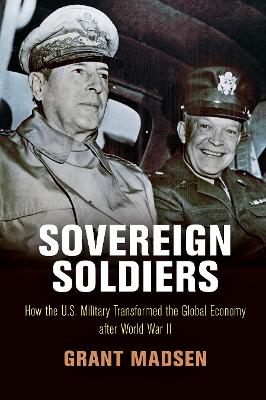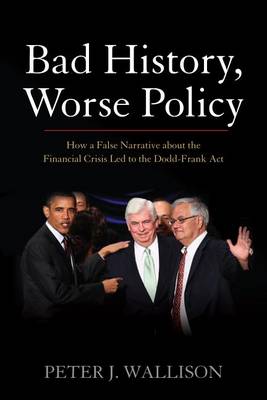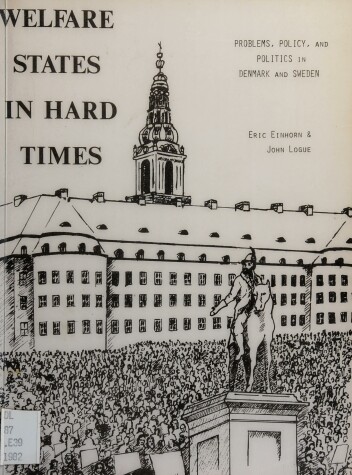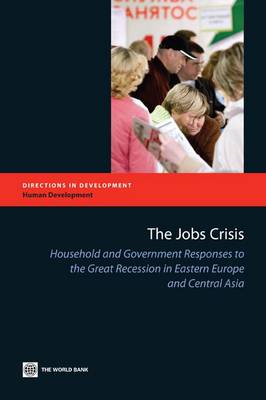The Monitor Versus the Merrimac (Graphic Battles of the Civil War)
by Dan Abnett
This study begins by examining the tensions growing within "market socialism", explores the class forces that produced it, and the social dislocation that it is generating. Weil offers an analysis of the growing tensions between China and the USA and their roots in China's push to lead in the world market. He also describes the continuing contention between the legacies of Mao Zedong and Deng Xiaoping. Finally, making the case for the inherent instability of "market socialism", Weil offers a cha...
Sovereign Soldiers (American Business, Politics, and Society)
by Grant Madsen
They helped conquer the greatest armies ever assembled. Yet no sooner had they tasted victory after World War II than American generals suddenly found themselves governing their former enemies, devising domestic policy and making critical economic decisions for people they had just defeated in battle. In postwar Germany and Japan, this authority fell into the hands of Dwight D. Eisenhower and Douglas MacArthur, along with a cadre of military officials like Lucius Clay and the Detroit banker Jose...
Late Capitalism is the first major synthesis to have been produced by the contemporary revival of Marxist economics. It represents, in fact, the only systematic attempt so far ever made to combine the general theory of the “laws of motion” of the capitalist mode of production developed by Marx, with the concrete history of capitalism in the twentieth century. Mandel’s book starts with a challenging discussion of the appropriate methods for studying the capitalist economies. He seeks to show why...
Japan and Russia
There is growing awareness of the importance of images in international relations. Explore the phenomenon over three centuries relating to Russia and Japan. A general perception of one country by another - the 'stereotypical collective mentality' - is historic phenomenon that continues to be a fundamental to international relations at all levels.
The Making of Economic Policy (Macroeconomics & finance)
by Steven M Sheffrin
As late as the mid-1970s there was a "tacit consensus" in macroeconomics. In spite of the controversies that always raged, the participants shared some basic underlying premises. Business cycles were socially undesirable and needed to be tamed; the postwar business cycle was substantially less severe than in prior times; wage and price inflexibility was a source of instability; money and the financial systems mattered; and normative policy analysis was the proper way to evaluate alternative pres...
Political Economy of the Third World Countries
Layoffs have become a fact of life in today’s economy; initiated in the mid 1970s, they are now widely expected, and even accepted. It doesn’t have to be that way.In The Disposable American, award-winning reporter Louis Uchitelle offers an eye-opening account of layoffs in America–how they started, their questionable necessity, and their devastating psychological impact on individuals at all income levels. Through portraits of both executives and workers at companies such as Stanley Works, Unite...
Economic Report of the Presidnet 2010 (Economic Report of the President)
Most of Andre Gunder Frank's early work on the nature of underdevelopment focused on one continent: Latin America. Here he broadened his canvas and traced the world-wide effects of the process of capital accumulation from the period just prior to the discovery of America to the industrial and French revolutions. It is Frank's thesis that "the world has experienced a single all-embracing, albeit unequal and uneven, process of capital accumulation centered in Western Europe," which has been capita...
The financial crisis, which began in the United States and Western Europe swiftly expanded into an economic crisis throughout developing countries. The Eastern Europe and Central Asia region was hit harder than any other region in the world. Deteriorating macroeconomic conditions led to deteriorating household welfare, as unemployment increased. Those workers who kept their jobs took home smaller paychecks. Men became more highly represented among the unemployed, and youth struggled to secure th...













